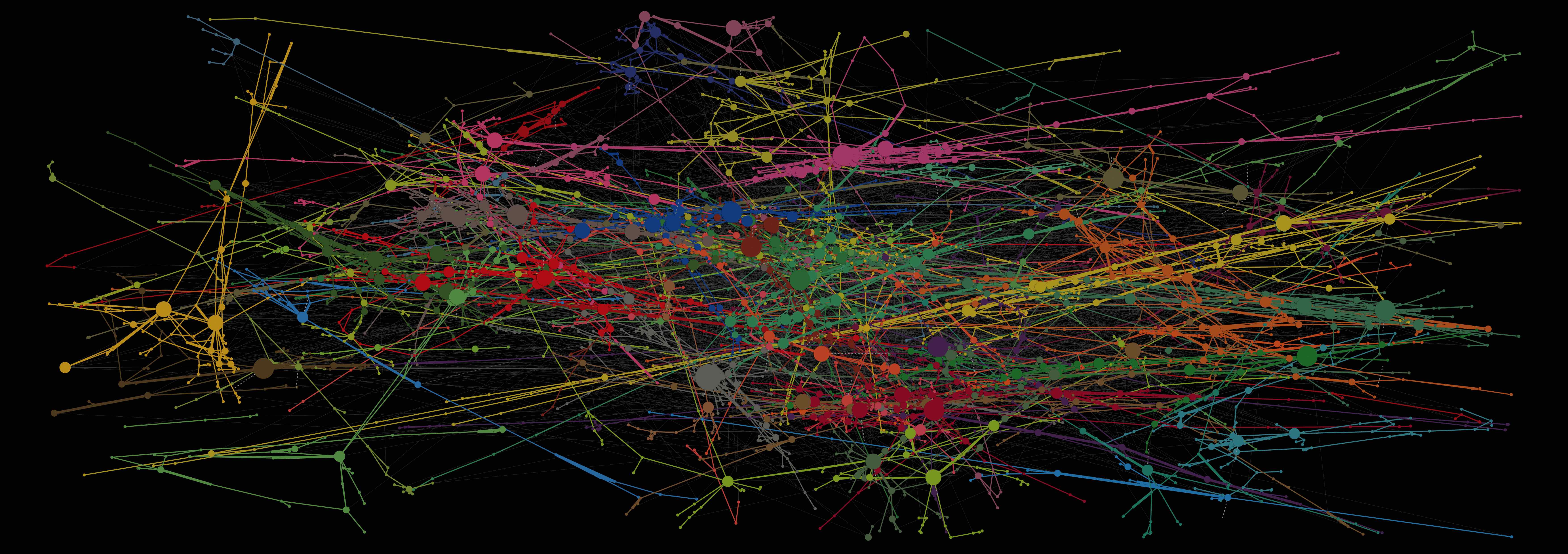
Abstract
The modern world holds countless risks for humanity, both large-scale and intimately personal—from cyber warfare, pandemics, and climate change to sexually transmitted diseases and drug use and abuse. Many risks have prompted institutional, regulatory, and technological countermeasures, the success of which depends to some extent on how individuals learn about the risks. We distinguish between two powerful but imperfect teachers of risk. First, people may learn by consulting symbolic and descriptive material, such as warnings, statistics, and images. Yet more often than not, a risk’s fluidity defies precise description. Second, people may learn about risks through personal experience. Responses to risk can differ systematically depending on whether people learn through one mode, both, or neither. One important reason for these differences is the discrepancy in the cognitive impact that rare events (typically the risk event) and common events (typically the non-occurrence of the risk event) have on the decision maker. We propose a description–experience framework that highlights the dynamic relationship of description and experience and the importance of the statistical structure of risk events and that offers a new perspective on humans’ sometimes puzzling responses to risks.